Collaborating Faculty
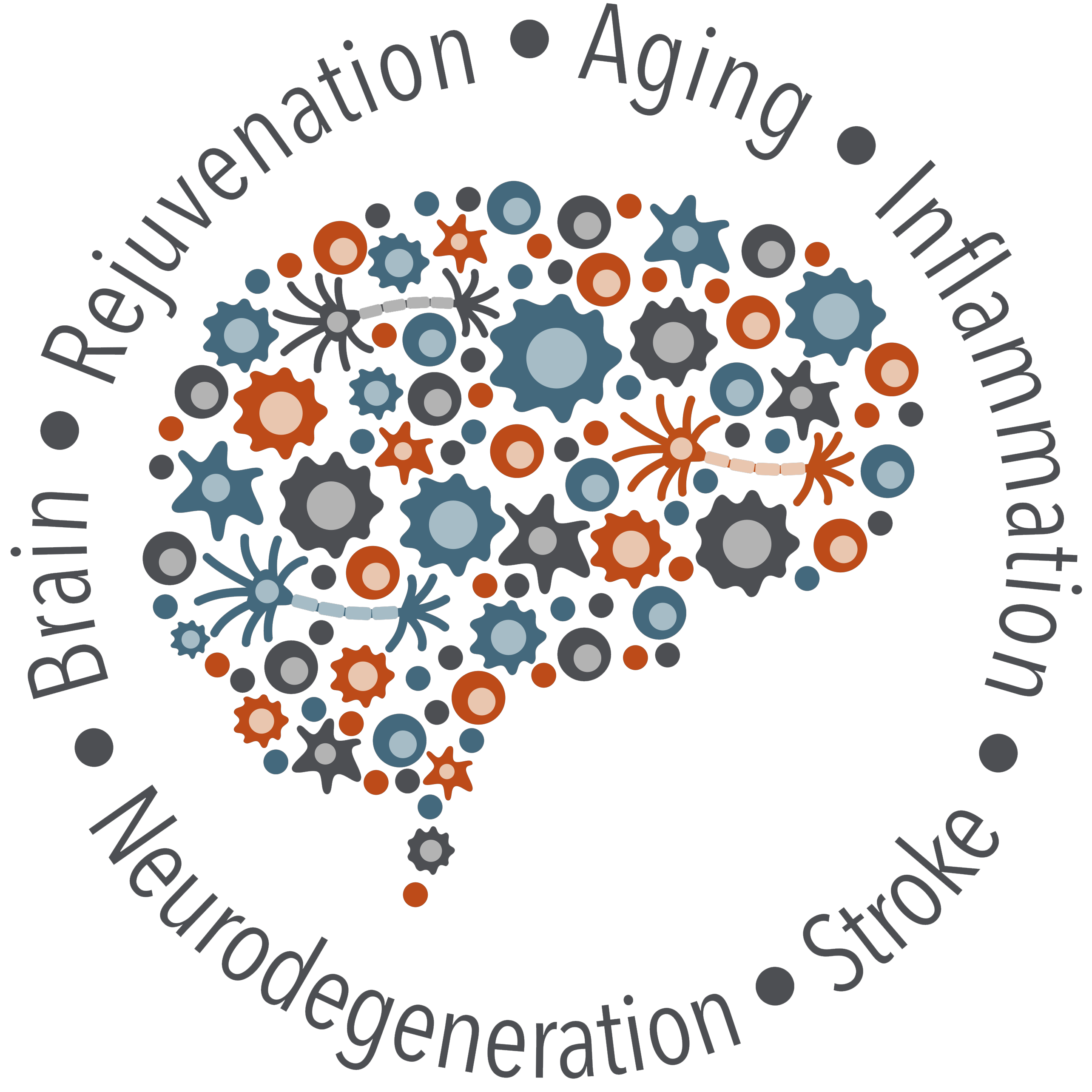

Tina Oak Findley, MD – Associate Professor, Pediatrics
Education & Training
BA Plan II, The University of Texas – Austin, TX (2006)
MD The University of Texas Health Science Center at San Antonio – San Antonio, TX (2010)
Residency Pediatrics, The University of Texas Health Science Center – Houston, TX (2013)
Clinical Fellowship Neonatal-Perinatal Medicine, The University of Texas Health Science Center – Houston, TX (2016)
Areas of Interest
Research interests: Sex differences in the cardiac metabolic phenotype in neonates with congenital heart disease
Research
My research focuses on the environmental and placental origin of congenital heart disease, maternal-neonatal biobanking, and translational research on hypoxic injury in neonates including congenital heart disease, bronchopulmonary dysplasia, and hypoxic-ischemic encephalopathy.
Hobbies & Interests
Cheering on my two sons at their Little League games
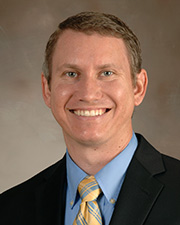
Devin McBride, PhD – Assistant Professor, Neurosurgery
Education & Training
BS Bioengineering, University of California, Riverside – Riverside, CA (2008)
PhD Bioengineering, University of California – Riverside, CA (2013)
Postdoc Translational Neuroscience, Loma Linda University – Loma Linda, CA (2017)
Areas of Interest
Research interests: Neurological diseases with an emphasis on stroke, video microscopy, live imaging, and medical imaging and its applications for studying disease and mechanisms
Research
The research in Dr. McBride’s lab is focused on understanding the pathophysiology of subarachnoid hemorrhage (SAH), particularly focusing on delayed cerebral ischemia (DCI). Delayed cerebral ischemia after SAH is a critical factor in the poor prognosis of surviving patients, and currently the mechanisms causing DCI are not well understood. We are using live imaging to understand the cerebrovascular dynamics as they are related to ensuing injury subsequent to SAH. Additionally, we are identifying novel therapeutic targets and developing strategies aimed at attenuating DCI following SAH.
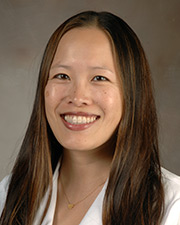
Jaqueline Parchem, MD – Assistant Professor, Obstetrics, Gynecology and Reproductive Sciences
Education & Training
BA Biochemistry, Molecular and Cell Biology with minor in Music, University of California, Berkeley – Berkeley, CA (2004)
MD University of California, San Francisco School of Medicine – San Francisco, CA (2010)
Residency University of California, San Francisco – San Francisco (2014)
Clinical Fellowship Maternal-Fetal Medicine, University of California, San Francisco – San Francisco (2015)
Clinical Fellowship Maternal-Fetal Medicine, Baylor College of Medicine – Houston, TX (2017)
Research Fellowship Cancer Biology, The University of Texas MD Anderson Cancer Center – Houston, TX (2021)
Areas of Interest
Research interests: Maternal-fetal medicine, preeclampsia
Research
Dr. Parchem is dedicated to improving maternal and child health through research that advances our understanding of the biology of pregnancy disorders. Her current research focuses on mechanisms of placental trophoblast stress and preeclampsia and how to leverage placental biomarkers in clinical obstetrics. Dr. Parchem is also passionate about the inclusion of pregnant people in research, reducing disparities in maternal and perinatal health outcomes, and supporting the development of early-career OBGYN physician-scientists.
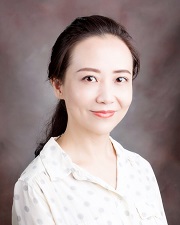
Yanning Rui, PhD – Assistant Professor, Neurosurgery
Education & Training
BS Biochemistry and Molecular Biology, Nankai University – Tianjin, China (2002)
PhD Biochemistry, The Hong Kong University of Science and Technology – Clear Water Bay, Hong Kong (2007)
Postdoc Genetics, Harvard Medical School – Boston, MA (2009)
Postdoc Autophagy, The University of Texas Health Science Center – Houston, TX (2016)
Areas of Interest
Research interests: Our laboratory mainly focuses on dissecting the molecular mechanisms of selective autophagy in vascular cells, with a particular focus on discerning its implications in cerebrovascular diseases.
Research
The main objective of my research is to understand the role of autophagy in cerebrovascular health and disease. Currently, my lab is studying how dysregulated autophagy contributes to the formation and growth of an intracranial aneurysm (IA), a devastating cerebrovascular disorder. We have identified a new type of selective autophagy, characterized by the targeted degradation of focal adhesions (FAs) within endothelial cells. We are actively delineating the contributions of dysregulated FA-phagy—an autophagy-mediated process governing the specific turnover of FAs—to the landscape of cerebrovascular disorders. Mechanistically, the cargo receptor p62 binds to its substrate VASP at focal adhesions and facilitates FA-phagy in endothelial cells. Since endothelial FA stability is required for cerebrovascular integrity and loss of vascular integrity contributes to IA development, this mechanism may provide a novel therapeutic target for IA disease. Our endeavors extend to the evaluation of cerebral vasculature and integrity, leveraging an array of advanced imaging methodologies amenable to live mice. Magnetic resonance imaging is used to detect aneurysm formation, growth and rupture, while two-photon microscopy affords the opportunity to examine vascular cell dynamics within cortical domains. Our laboratory is dedicated to elucidating the molecular mechanisms governing FA-phagy within vascular cells. Understanding the role of FA-phagy in the context of stroke, we aim to reveal innovative therapeutic targets with potential benefits for patients affected by this condition.
Hobbies & Interests
Gardening (Panicle hydrangea and David Austin roses are my favorite)
Animal lover (I have a golden retriever and 2 cats in the fluffy crew)
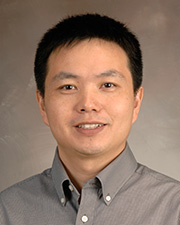
Zhen Xu, PhD – Assistant Professor, Neurosurgery
Education & Training
BS Biochemistry, Beijing Normal University – Beijing, China (2000)
PhD Biochemistry, Tsinghua University – Beijing, China (2005)
Postdoc Oncology, Princeton University – Princeton, NJ (2008)
Postdoc Autophagy, The University of Texas Health Science Center – Houston, TX (2013)
Areas of Interest
Research interests: Our research laboratory is dedicated to deciphering the signaling mechanisms involved in the initiation, progression, and rupture of cerebral aneurysms. Our goal is to develop cutting-edge strategies for treating this condition by understanding and targeting new mechanisms.
Research
Our laboratory employs zebrafish and murine models, having developed innovative genetic frameworks for investigating cerebral aneurysms. Furthermore, we are dedicated to unraveling the complex interplay between other risk factors—such as smoking, hypertension, aging, and gender differences—and their roles in cerebral aneurysm pathogenesis. A principal focus of our research involves the development of refined animal models that faithfully recapitulate the intricate pathophysiology of cerebral aneurysms under diverse challenging conditions. These models are instrumental in shedding light on novel signaling pathways, which in turn may yield innovative therapeutic targets. Specifically, our ongoing research is centered on elucidating the role of dysregulated endothelial function in the initiation, progression, and rupture of cerebral aneurysms. We hypothesize that perturbed signaling crosstalk between endothelial cells and their extracellular matrix compromises vascular integrity, thus contributing to aneurysm development. Through the integration of dual animal models and in vitro primary endothelial cultures, we are actively dissecting the underlying molecular underpinnings. Moreover, our laboratory harnesses advanced in vivo imaging platforms—such as MRI, two-photon microscopy, and micro-CT—to dynamically monitor cerebral vascular pathophysiology, further enriching our investigative capabilities.
Hobbies & Interests
Cooking, hiking, and reading
 Peter Yang, MD – Assistant Professor, Neurosurgery
Peter Yang, MD – Assistant Professor, Neurosurgery
Education & Training
BS Biomedical Engineering, Johns Hopkins University – Baltimore, MD
MD Columbia University Vagelos College of Physicians and Surgeons – New York, NY
Residency Neurosurgery, Washington University School of Medicine – St. Louis, MO
Fellowship Pediatric Neurosurgery, St. Louis Children’s Hospital – St. Louis, MO
Areas of Interest
Research interests: developing tissue engineering platforms to investigate central nervous system development and bringing novel biotechnologies and therapeutics from bench to bedside to improve patient outcomes.
Research
Dr. Yang’s research is motivated by real-world clinical challenges that young patients face and the desperate need for better understanding and treatment of neurological disorders. Our mission is to improve the understanding and treatment of diseases that primarily affect neonates and infants, where even small improvements in outcome can have significant lifelong benefits. We strive to achieve a bedside-to-bench-to-bedside approach where we identify important real-world clinical problems, implement cutting-edge biotechnology to discover solutions, and translate novel therapies directly centered on improving clinical outcomes.
The Pediatric Translational Neuroscience Laboratory